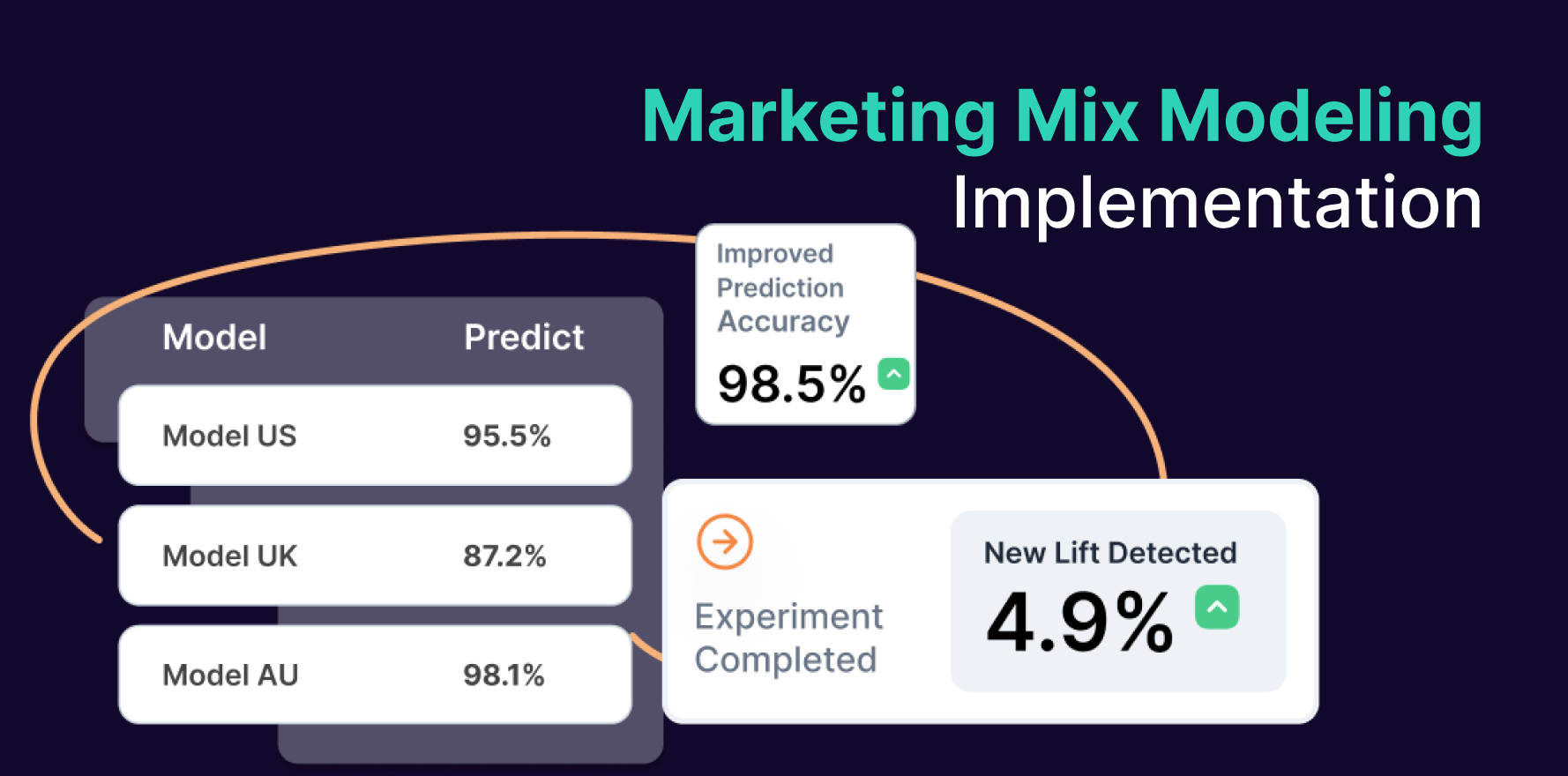What is Mobile malware?
Mobile malware, similar to computer malware, targets our heavily relied-upon portable devices like smartphones, tablets, and smart wearable devices. In an eCommerce perspective, these malicious applications pose significant threats as they can interfere with business operations, disrupt customer relations, and even potentially exploit sensitive customer information.
Mobile malware generally encompass viruses, trojans, ransomware, spyware, adware and infect devices through methods such as phishing emails, malicious downloaded apps, or cybersecurity breaches on websites. It replicates itself or sends itself unsolicited to contacts, compromising more devices and networks.
Formula
Example
Why is Mobile malware important?
In the eCommerce business spectrum, recognizing the importance of mobile malware lies in its potential consequences. Mobile malware can result in security breaches, exposing customer information for data theft which in turn can severely damage a brand’s reputation. It can also lead to operational disruption, which will impact the efficiency of an eCommerce business. Therefore, addressing mobile malware effectively is fundamentally essential from a security, operational, and reputational standpoint.
Which factors impact Mobile malware?
Addressing mobile malware protection involves improving cybersecurity measures. Regular security audits, mobile app software updates, and maintaining secure customer data handling practices are imperative. The use of advanced cybersecurity software and running regular diagnostic checks can further strengthen the infrastructure against mobile malware threats.
How can Mobile malware be improved?
Several factors can impact mobile malware. Primarily, the level of security in the configured infrastructure of an eCommerce portal plays a critical role. The extent of user awareness about mobile malware and safe practices is another significant factor. Other factors include the types of devices used, the efficiency of installed anti-malware software, and the timeliness of software updates.
What is Mobile malware’s relationship with other metrics?
- Mobile malware significantly impacts various eCommerce metrics. A successful malware attack can cause a spike in website bounce rates due to users abandoning transactions midway, fearing data security. This trend may primarily affect customer conversion rates.
- Moreover, a decline in customer retention might occur due to an erosion of customer trust post-security breach. Consequently, the overall sales numbers, revenues, and business reputation will take a hit, affecting underlying profitability.
Free essential resources for success
Discover more from Lifesight














